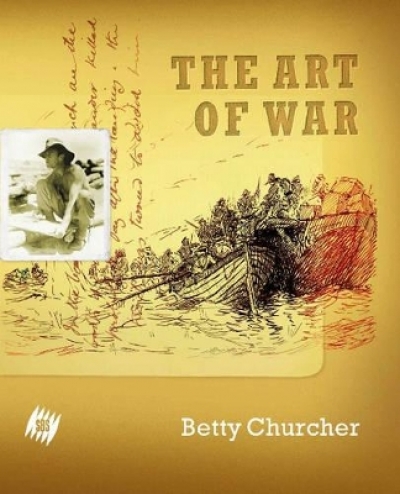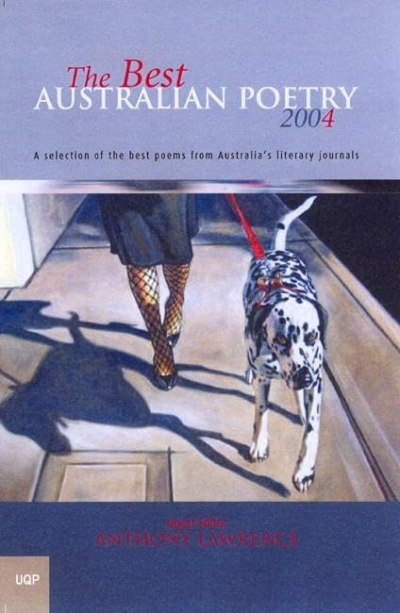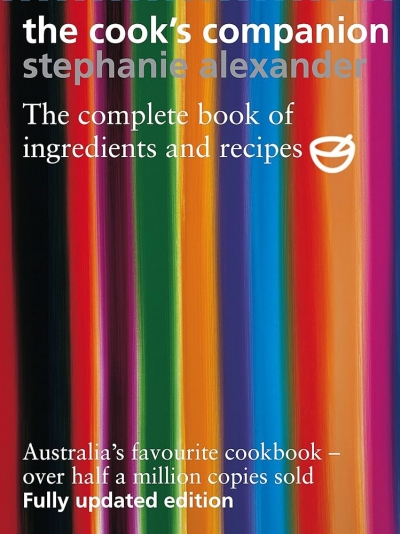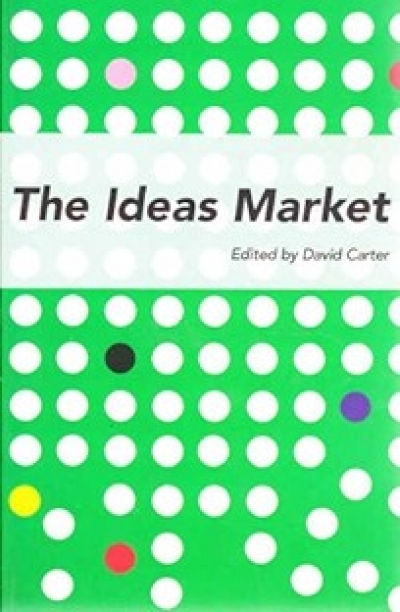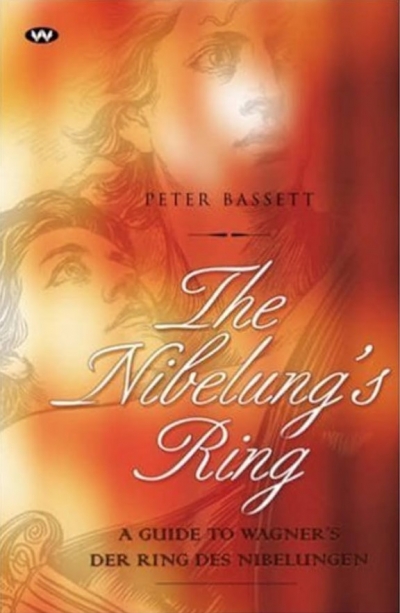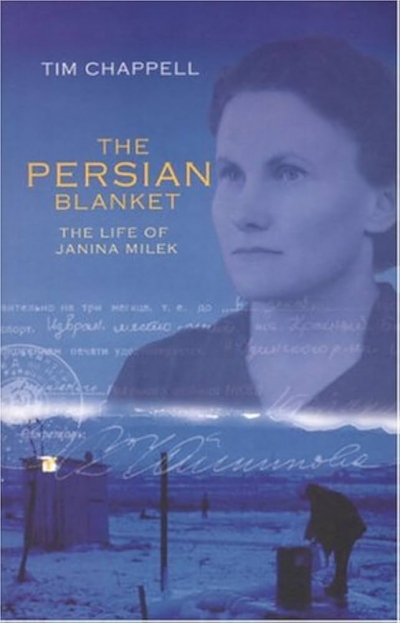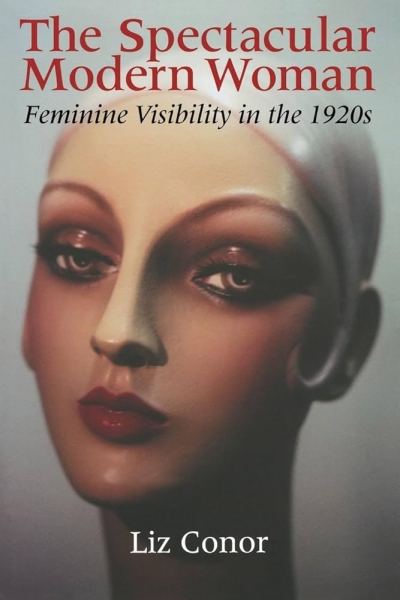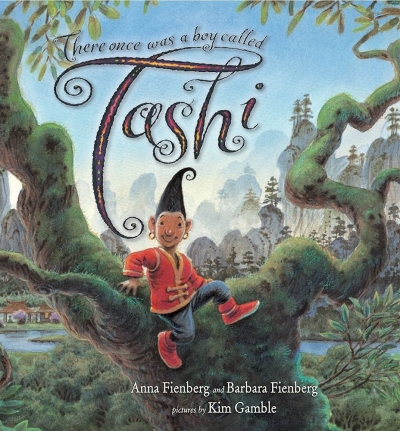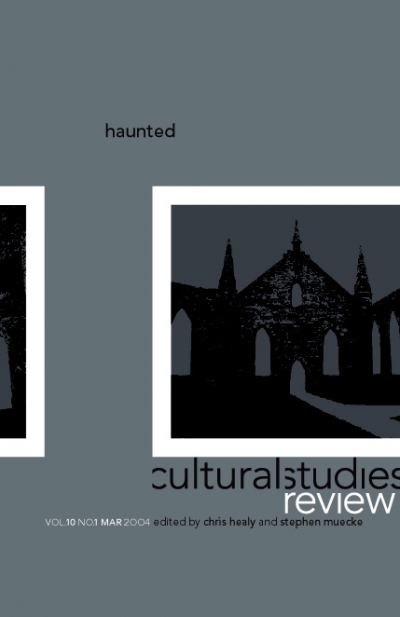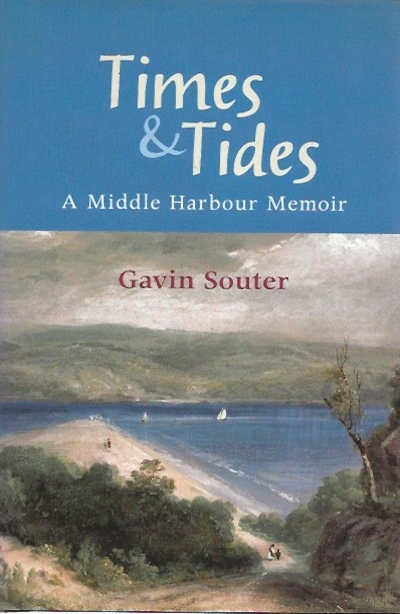Archive
The Best Australian Poetry 2004 edited by Anthony Lawrence & The Best Australian Poems 2004 edited by Les Murray
by Brian Henry •
The Cook's Companion by Stephanie Alexander & Plenty by Gay Bilson
by Richard Johnstone •
The Ideas Market: An alternate take on Australia's intellectual life edited by David Carter
by Humphrey McQueen •
The Nibelung’s Ring by Peter Basset & The Cambridge Companion to Grand Opera edited by David Charlton
by Peter Porter •
The Persian Blanket by Tim Chappell & Not Paradise by Anna Rosner Blay
by Gay Bilson •
There Once Was A Boy Called Tashi by Anna Fienberg and Barbara Fienberg, illustrated by Kim Gamble & The Boy, the Bear, the Baron, the Bard by Gregory Rogers
by Stella Lees •
Cultural Studies Review edited by Chris Healy and Stephen Muecke & Griffith Review 5 edited by Julianne Schultz
by James Ley •
Times & Tides: A Middle Harbour memoir by Gavin Souter
by Alan Atkinson •

